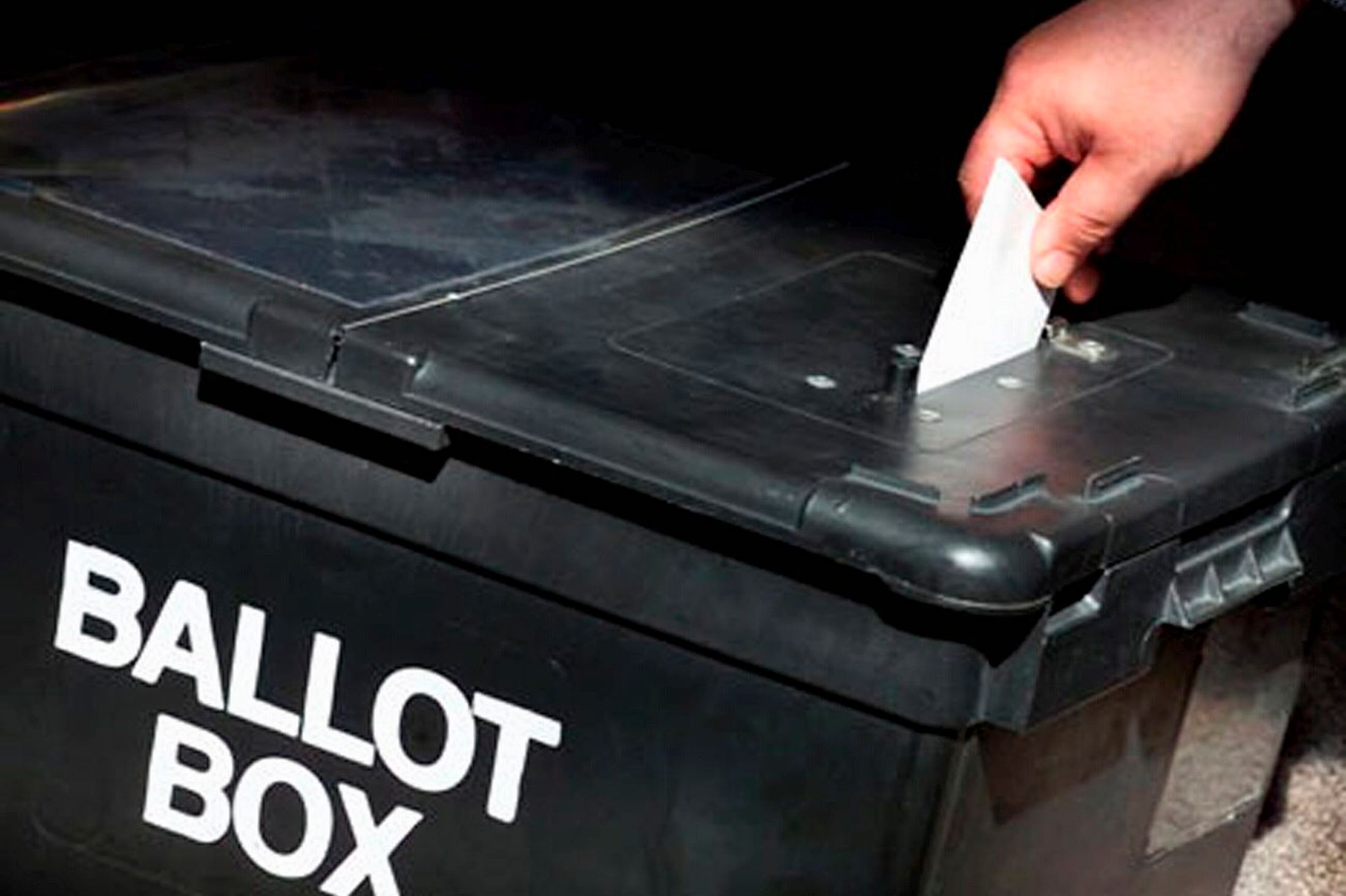
Ruane suggested peaceful but disruptive campaigning, claiming “demonstrations could only be truly effective if we bring the country to a halt for a brief period.”
Suggestions from students included a Trinity student from each constituency in Ireland contacting their local politicians, and a letter-writing campaign by students from disadvantaged backgrounds, who would not be in college if not for grants or free fees.
Ruane claimed, that student protests and shows of solidarity are often ineffective as many students are too busy to attend, and so numbers true are not always reflective of the support behind an issue.
This is partly due, according to Ruane, to students having different time tables. She suggested that they propose a period of an hour or two where the college would shut down, so all students interested could mobilise.
She is in talks with other colleges, such as UCD and DIT, and would like to extend the shutdown to these college to increase the amount of protestors willing to partake.
While TCD will also take part in any national campaigns run by the USI, Ruane said she wants to utilise the huge “human capital” within Trinity, rather than waiting for another organisation to mobilise its students.
After a question raised by Oisin Coulter, who asked if the SU could campaign against particular parties who have policies, which are in direct opposition to those mandated by the union. Ruane responded that the TCDSU will not be promoting any particular political party although, as they recognise that students don’t choose their candidates based on student issues alone.
However, Ruane asked that students ask their local candidates to pay attention to student issues. Following on from recent voter registration drives, she claimed that what is most important is that students vote at all, as, if politicians are aware that the student body votes, policy will mould itself to reflect that.
While recognising that political issues run the risk of alienating certain students, Ruane noted that allowing for that attitude would accomplish nothing, and there is a need within universities to focus on the most vulnerable students rather than doing nothing for fear of isolating others.






